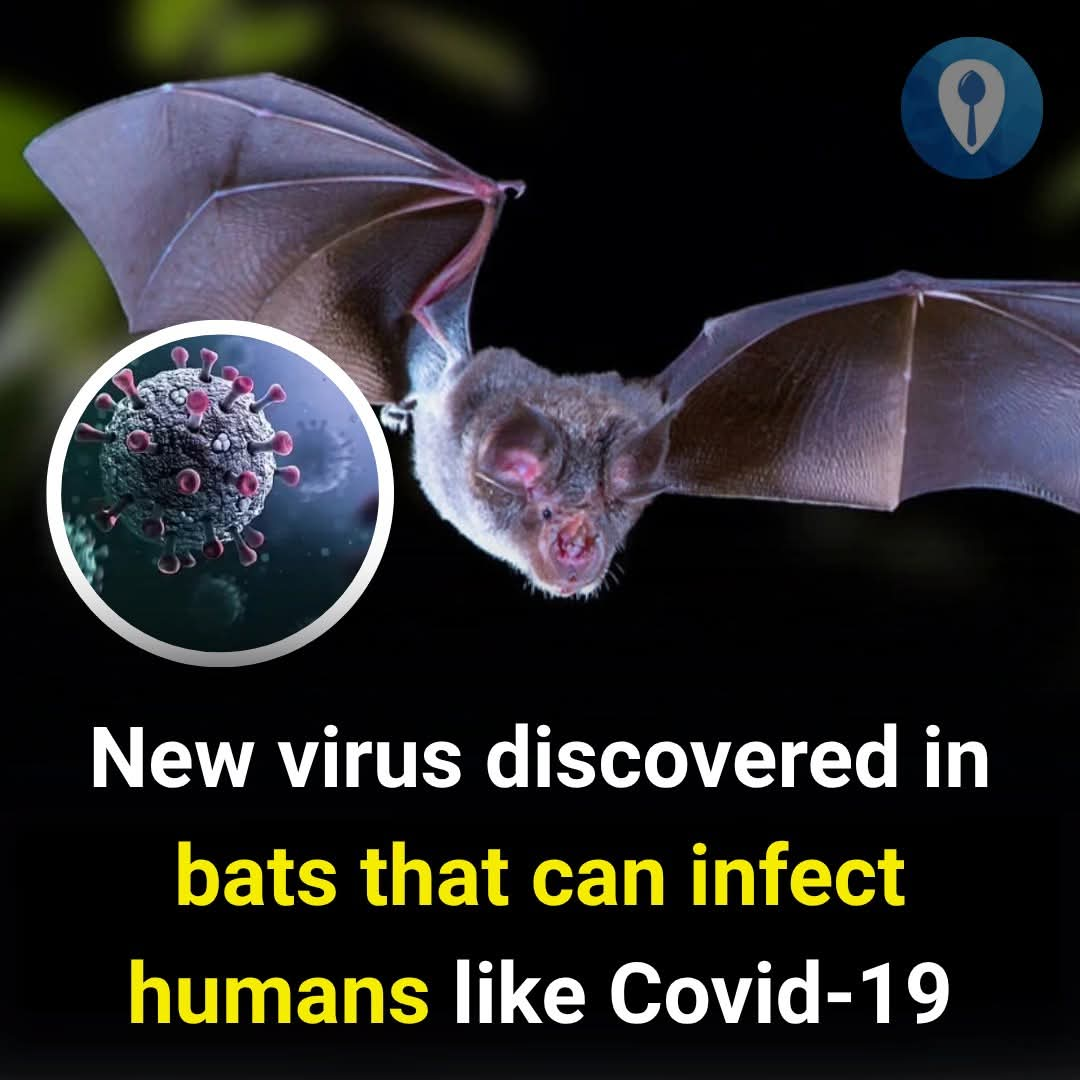New Virus Discovered in Bats That Can Infect Humans Like COVID-19

In a chilling echo of the COVID-19 pandemic, scientists have discovered a new virus in bats that has the potential to infect humans. The virus, identified in a recent study conducted by international virologists, raises fresh concerns about zoonotic diseases — illnesses that jump from animals to humans.
What’s This New Virus?
The virus, named Khosta-2, was found in Russian horseshoe bats and belongs to the same family as SARS-CoV-2, the virus behind COVID-19. Even though it’s not identical, it shows similar spike proteins that allow it to bind to human cells — the first red flag for researchers.
Most worryingly, Khosta-2 can infect human cells even without needing special adaptations, according to laboratory tests. This means it already has the genetic tools to potentially cause illness in humans.
Why Experts Are Concerned
Scientists from Washington State University and other institutions have confirmed that Khosta-2:
- Can latch onto human ACE2 receptors, just like COVID-19.
- Is resistant to current COVID-19 antibodies — meaning existing vaccines may not protect against it.
- Could recombine with other coronaviruses, making it stronger or deadlier.
In simple terms, if someone becomes infected with both Khosta-2 and COVID-19 at the same time, the two viruses could swap genes, creating a new hybrid virus — a nightmare scenario for global health.
What Makes Bats So Dangerous?
Bats are known to carry hundreds of viruses, many of which never make humans sick — but some, like SARS, MERS, Ebola, and COVID-19, do. Their immune systems are incredibly strong, allowing them to carry viruses without falling ill themselves, which makes them ideal hosts for disease evolution.
Can It Cause Another Pandemic?
At the moment, there are no known human cases of Khosta-2 infections. However, researchers are urging governments and health organizations to monitor bat populations more closely and improve early warning systems for zoonotic diseases.
According to Dr. Michael Letko, one of the leading researchers, “This is a wake-up call that SARS-like viruses in wildlife are more widespread than we thought — and they can silently move closer to humans.”
How Can We Protect Ourselves?
Experts suggest:
- Limiting human interaction with wild animals, especially bats.
- Improving surveillance of viruses in animals.
- Developing broad-spectrum vaccines that cover more than just COVID-19 variants.
- Supporting global cooperation in early detection and response systems.
FAQs
Q: Is Khosta-2 currently spreading among humans?
A: No human cases have been reported so far.
Q: Can current vaccines protect against it?
Lab studies show that antibodies from vaccinated people do not neutralize Khosta-2.
Q: Should we be worried?
We should be alert, not alarmed. Awareness and preparedness are key to preventing another pandemic.
Q: Is this virus only in Russia?
So far, it’s been found in Russian bat species, but similar viruses may exist elsewhere undetected.
Final Thoughts
The discovery of Khosta-2 is not a cause for panic — but it is a reminder. The world is still recovering from the devastation of COVID-19. This new virus shows that nature is always evolving, and our health systems must evolve too. Staying informed, investing in scientific research, and respecting wildlife boundaries might be our best defense against the next outbreak.






